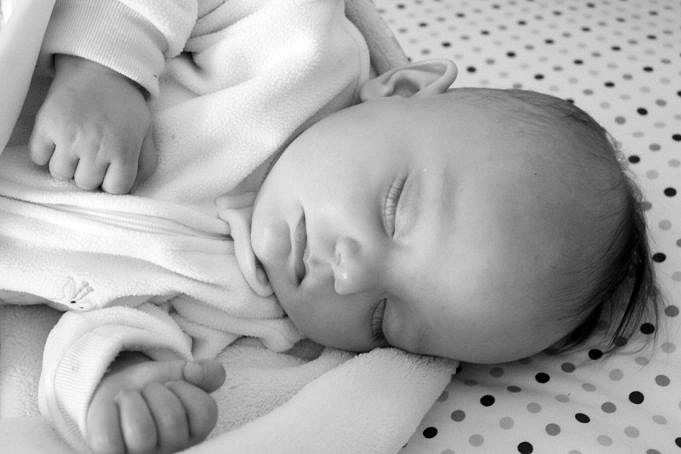Rest Easy. New Research Says Its No Biggie If Your Baby Isnt Sleeping Well
New research discovers no connection between infants sleeping through the night and their cognitive development.
Researchers followed 369 infants aged 6-12 months. They focused on infant sleep patterns and motor development. The study authors measured how many people slept through the night via a questionnaire that was administered by parents. Each child also had to complete a 60 minute assessment of developmental play tasks.
Researchers found no correlation between consecutive sleep and motor or mental development. This means that there is no relationship between consecutive sleep and motor development.Infants who woke up in middle of the night had no additional cognitive, motor, or language problems than those who slept well.
Note: The content on Sleepopolis is meant to be informative by nature and shouldnt be taken as medical advice, nor should it replace the advice and supervision of a trained medical professional. If you feel as though your child is suffering from serious sleep issues, please see your healthcare provider immediately.
If The Bough Breaks, The Cradle Will Fall
In case you didnt know Rock A Bye Baby had three verses, the final lyrics of this popular nursery rhyme are: Eyes are shut tight, now sound asleep, until morning light.
Although parents may want their child to fall asleep at night, the study shows that there is no cognitive harm to those babies who do not. Moreover, what makes this study particularly interesting is itsone of many that has investigated links between sleep and cognitive growth – all of which have revealed conflicting results.
One example is the study of 117 U.S. children that found no relationship between consecutive sleep consolidation and social and emotional functioning. A similar study of 50 Israeli infants found a strong link between sleep fragmentation and lower mental development. New Zealand research also found positive correlations between snooze efficiency (or cognitive growth) and sleep consolidation. Oof.
So, To Sleep Or Not Sleep?
That surely is the question. Dr. Jodi Mindell, Director of Graduate Psychology at Saint Josephs University, wrote a response to the study and spoke to me via email. She suggested that this lack of consensus could be due to researchers using different methods of measuring similar outcomes while studying infants in different regions with different sleep cultures.
Yet, Mindell also believes we might not be investigating the right thing. Mindell explains:
The biggest takeaway for me from these types of studies is the need to step back and consider in what ways sleep does matter. These prior studies have alllooked at long-term cognitive development – basically does sleep at one point of time affect how smart a baby will be laterin life? Long-term development is affected by many factors, including genetics, nutrition, parent-child interactions, and so much more.What matters to me just as much or more is how does sleep affect my next day’s functioning.
Mindell believes that parents must do all they can to ensure their children are sleeping through the night, even though there is no clear answer. Providing a cool and quiet bedtime atmosphere – with a good mattress to boot- ensures a comfy and healthy sleep environment. She personally recommends setting an early and consistent bedtime with a focus on developing self-soothing techniques. This way, everyone cansleep soundlyuntil morning.



